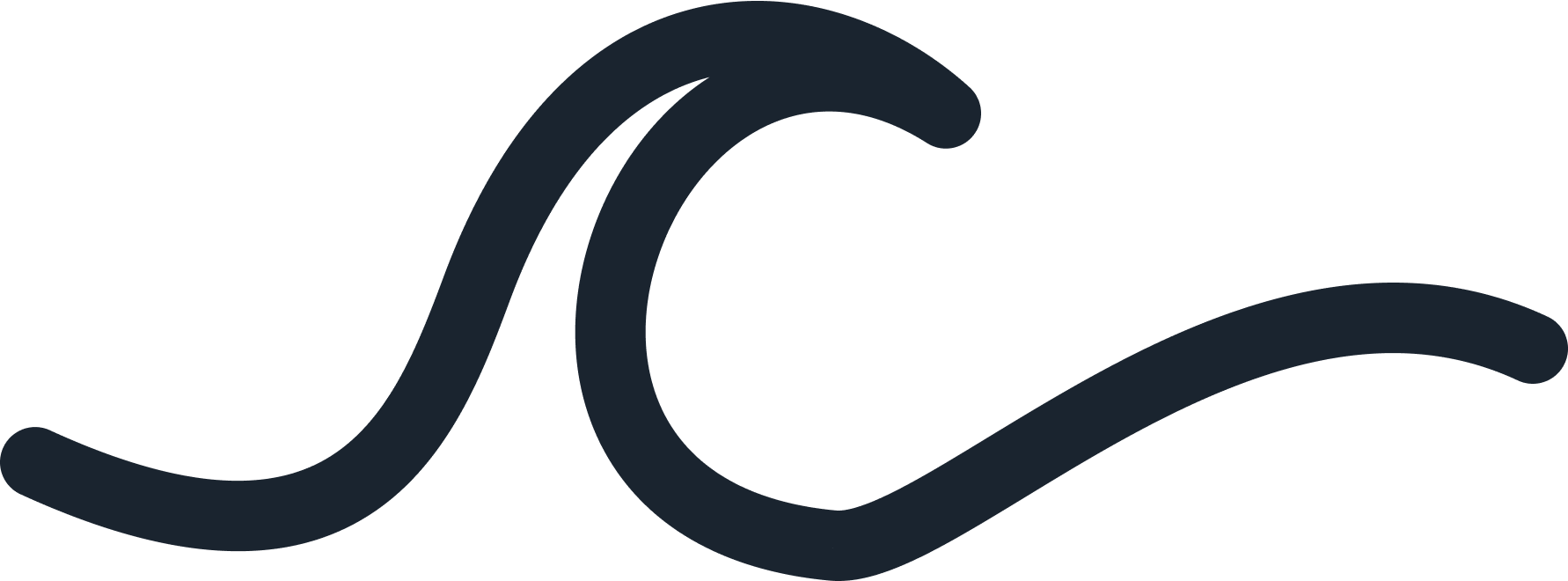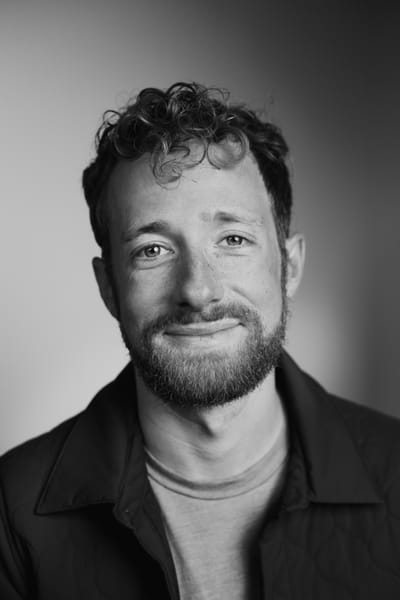I wake up some mornings, absolutely hyped. I’m stoked to dive into projects, create truly groundbreaking work, and it even feels easy. Other days, I wake up and it feels completely unrealistic to accomplish anything productive, get to the gym, or even make a single step towards a goal. In no way, is what I feel unique. I think we all have this ebb and flow of life. While it can be a matter of accepting the process, I have found that there are some days where I find myself wondering why I can’t bring the same amount of energy and enthusiasm to what I am pursuing more often. I am never expecting perfection, because even the most aligned work still comes with difficult days. But the consistency and a rhythm is what I am always in search of.
I observed a lot of top performers from all different pursuits. Formula 1, business, non-profit, art, no matter what area, there were a few trends that I noticed. The first trend was perspective. If it is a musician having a block, or a F1 driver not performing on a given weekend, there is a recognition of the difficulty, but a thread of positivity is usually present in the most resilient of people. The artist is focused on the rest of the album, knowing that the song is worth the pursuit, and the F1 driver knows that there is a long season ahead and they just have to continue making progress. While I think most of us can get to this point in the mindset, the disconnect always came in what to do next; what to do to overcome the difficulty besides just time. What is the action that people take?
Before diving into what others do, I decided to observe how I navigate the process. The first thing that happens for me is the feeling that I just need to push through, work harder, and just get it done. I force myself to sit down, start doing the work, and hope that I get back on some sort of track that makes sense towards my goal, even if it isn’t ideal. Sometimes it works, most of the time it doesn’t. It’s not that I don’t make progress, but the progress is not quality, it actually feels forced. When I come back to the work at a later time, I almost feel that I have to redo it in order to be proud of it. But at the end of the day, progress is made no matter what. I call this method the active method. Sometimes though, this method works. As is the case for most endeavors, practicing, no matter the quality will lead to progress. It’s the writer that writes at least 200 words a day, just to put words on paper. It’s the practicing of the craft, regardless of quality, that some believe lead to massive breakthroughs. And while I believe this to be true, the intention as to why you are sitting down should be rooted in the process of improvement, not fear of losing progress or failing.
If the active method doesn’t work, I go completely the other direction and do what some people would call procrastination; I call passive processing. A bit of a sidetrack but I absolutely despise doing puzzles. Where some people find a sense of calm, I feel all out frustration. I tried to do puzzles to maybe achieve the point of enjoyment, but it never came. But one of the major lessons that I learned was to step away when progress was not being made. While I don’t do puzzles anymore, the lesson has stuck with me. This is what I call the passive method. I always used to feel guilty to step away from the desk, in the middle of the day, to go on a walk in the forest or go to the gym. I felt like I was “abandoning work.” Yet, whenever I return from one of those sessions, it is almost as if the work is easy to accomplish. Everything flows in such a way that I think to myself, “Why did I try to power through? This was way easier.”
But there is more going on here than meets the eye. I always begin the work and step away from it, knowing that I am going to return, knowing that there is a challenge, knowing that there is a solution that I just haven’t seen yet. There is no timeline for solving problems and the act of stepping away relieves the pressure from the mind to solve it then and there. It is counterintuitive and also thought of as wrong in most standards of work society. But I would consider it the biggest asset to creating great things. Google took the spotlight for a bit when the biggest email service on the planet, Gmail, was developed when employees were encouraged to take 20% of their time doing what was called “Innovative Time Off (ITO).” This is the passive method in action. That is why I don’t necessarily believe in work hours, I believe in getting the job done. There truly is only so hard you can work until you reach burnout. I think that most feel that in today’s endless chase for either more money, more success, or really just MORE. I’m a fan of both methods of solving problems, as there is a time and a place for each, but the passive method is much more sustainable when it pursuit of big things. And those big things are highly individual.
So what do the top performers do? Well, they do a bit of both and find what works best for them. I’ve known CEOs that regularly go on week long retreats, completely disconnected from technology, and then come back and crush it for three months straight, doing more than most think is possible. I know athletes that just continue to do the work, maybe take a lighter day, and stick to the routine. They may prioritize recovery or just one day completely relaxing before getting back to it. And then I know artists that will do something creatively different. Rick Rubin would often have some of the world’s top artists, when they experienced a block in an album, just play an instrument they were not familiar with, just to sidestep the process a bit to find a breakthrough.
The common thread through all of this is that there is an element to the passive method, no matter what. What the level is, the timeline, the how, will inevitably differ from person to person. But figuring out a passive way to solve problems is one of the most important things that I have learned and continue to adopt in my day to day life. With more of the passive method present in life, I have found that I wake up stoked on more days than not. I find that the work that I do to be more enjoyable, more intentional, more impactful. At the end of the day, I can look back and see pretty clearly that no time was actually wasted. Instead, it was balanced in a way that it could lead to progress over time. Big leaps in progress only come when somebody is seeing the before and after. From moment to moment, the best that we can do is continually move in a positive direction with small changes. So try to explore where you fall on the passive scale and the active scale and where you find yourself making the most progress towards your goals. Don’t copy anybody else’s process, because that is just a waste of time. Just find what works for you and continue to be aware of the subtle shifts that occur. Just keep the stoke high no matter what.


